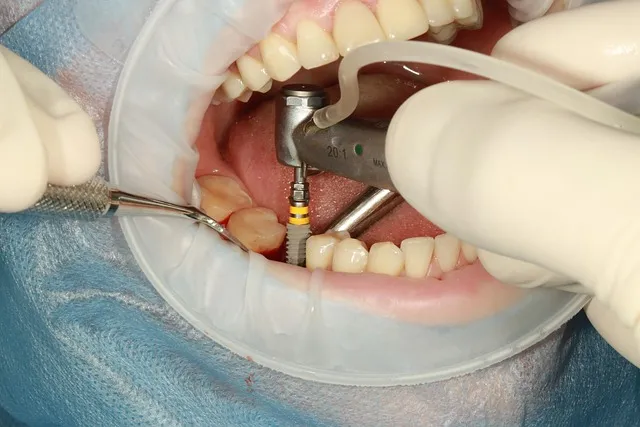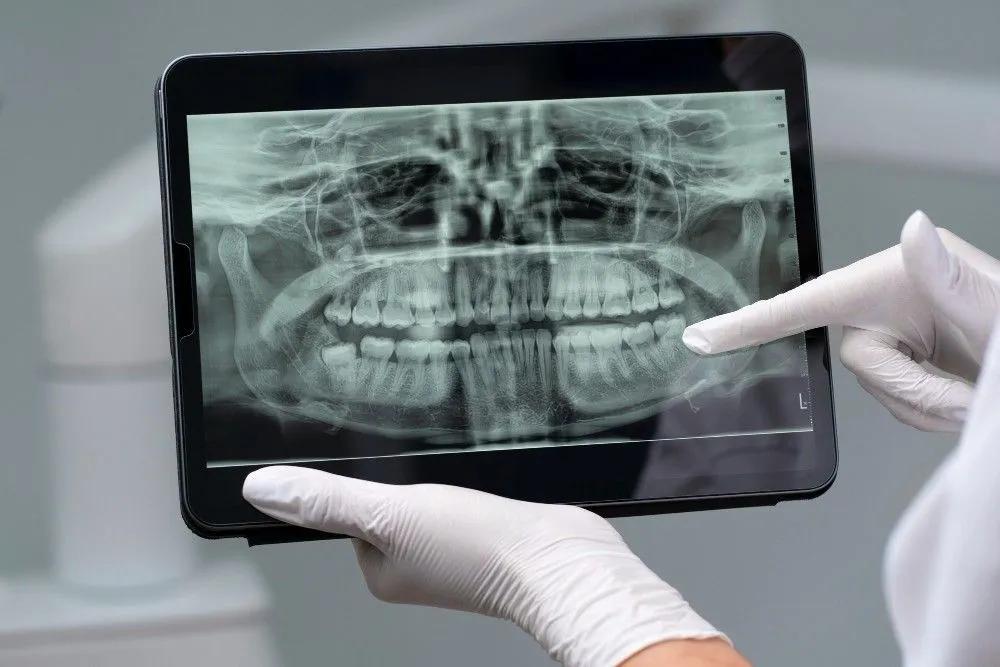#1 Electric toothbrush
Electric toothbrush was invented in 1960s, almost 30 years after the normal toothbrush and since then there is a mixed reaction among people about its benefits. Electric toothbrush is one of the best options one can draw on for maintaining oral hygiene as most of the people don't use the proper techniques of brushing.
While brushing with a normal tooth-brush a person makes 300 strokes on an average whereas electric toothbrushes make a total of 3,000 to 7,500 strokes per minute.
Another advanced type of electric toothbrush i.e also called sonic brush rotates around 30,000 to 40,000 times per minute. Studies have shown that using sonic brushes result in less plaque accumulation. The power brushes are perfect especially for those who have some difficulty using their hands and also for children.
#2 Inter dental brushes
Dentists often advise to use inter dental brushes as they are perfect for cleaning the plaque that forms between the teeth. The plaque is basically a sticky substance that contains bacteria, which irritate the gums and cause swelling. These brushes have small bristled heads that allow them to reach between the teeth conveniently. They come in various widths to suit the various measurements of gaps between the teeth.
#3 Flossing
Flossing is an important technique for plaque removal in the areas where the toothbrush cannot reach. It is recommended that one should floss daily to prevent any kind of gum diseases or cavity formation.#4 Super floss
Super floss is made of three components that include a dental floss with a stiff end, spongy floss and regular floss that work in unison to clean wide spaces between the teeth, braces, bridges, and removes plaque under the gum line.#5 Dental Sealants
Dental sealants are coatings made of plastic that are generally placed on the back side of the molars and pre molars to prevent them from getting decayed.#6 Mouthwashes
The mouthwashes are of several types and perform various functions. While the fluoride mouthwashes help in strengthening of teeth, antiseptic mouthwashes prevent tooth decay and herbal mouth washes hide bad breath giving a refreshing feel.#7 Fluoride toothpaste
Fluoride is a mineral that protects the teeth from decay and cavity. It strengthens the tooth enamel and safeguards them from acid damage. It can also reverse the acid damage in its early stage by re-forming minerals in the decayed regions.#8 Fluoride therapy
The therapy involves fluoride delivery to the teeth in a systematic manner for preventing tooth decay. It can be applied to the teeth through fluoride toothpastes, gels, varnishes or mouth fresheners. Often fluoride is also inserted through salts, drops or tablets.#9 Tooth mousse
Tooth mousse can be used after brushing the teeth. It restores tooth enamel completely and also repairs in case there is damage. Those having sensitive teeth must use tooth mousse on a regular basis to get a stronger set of teeth free from decay. It also helps to remove white spots on teeth and has no sugar.Visiting a dentist once in every six months is another important thing one should do to maintain oral hygiene.
Image courtesy: By William Warby from London, England (So Many Choices) [CC BY 2.0 (https://creativecommons.org/licenses/by/2.0)], via Wikimedia Commons
Reviewed by







